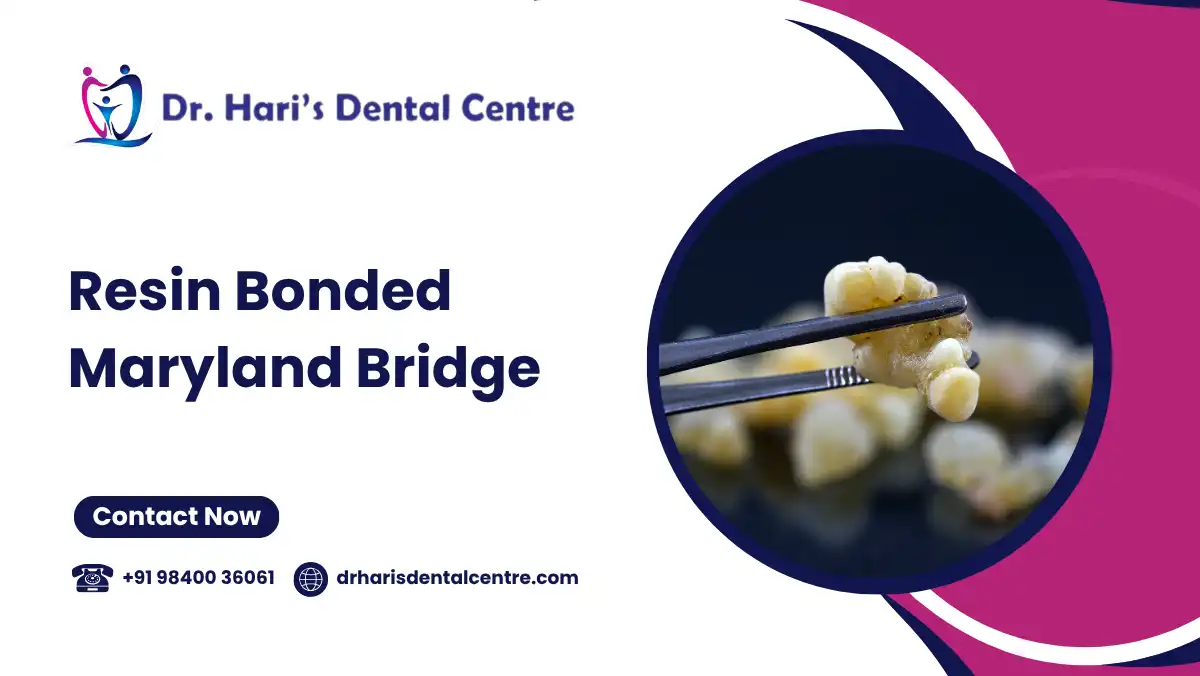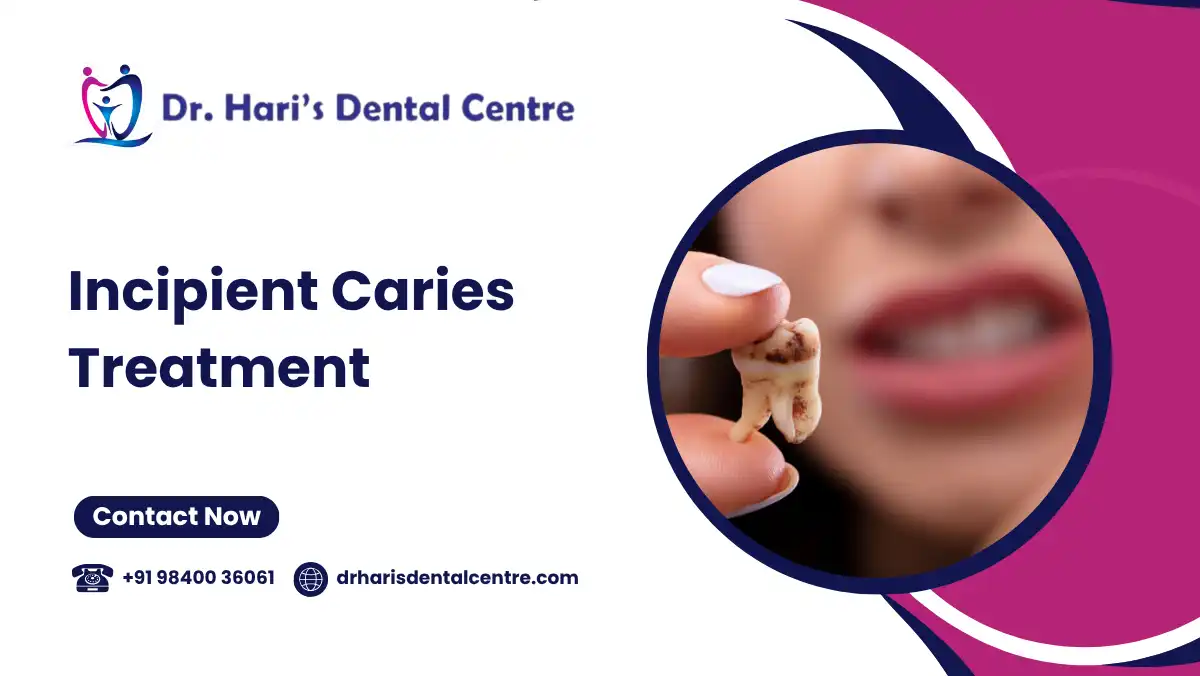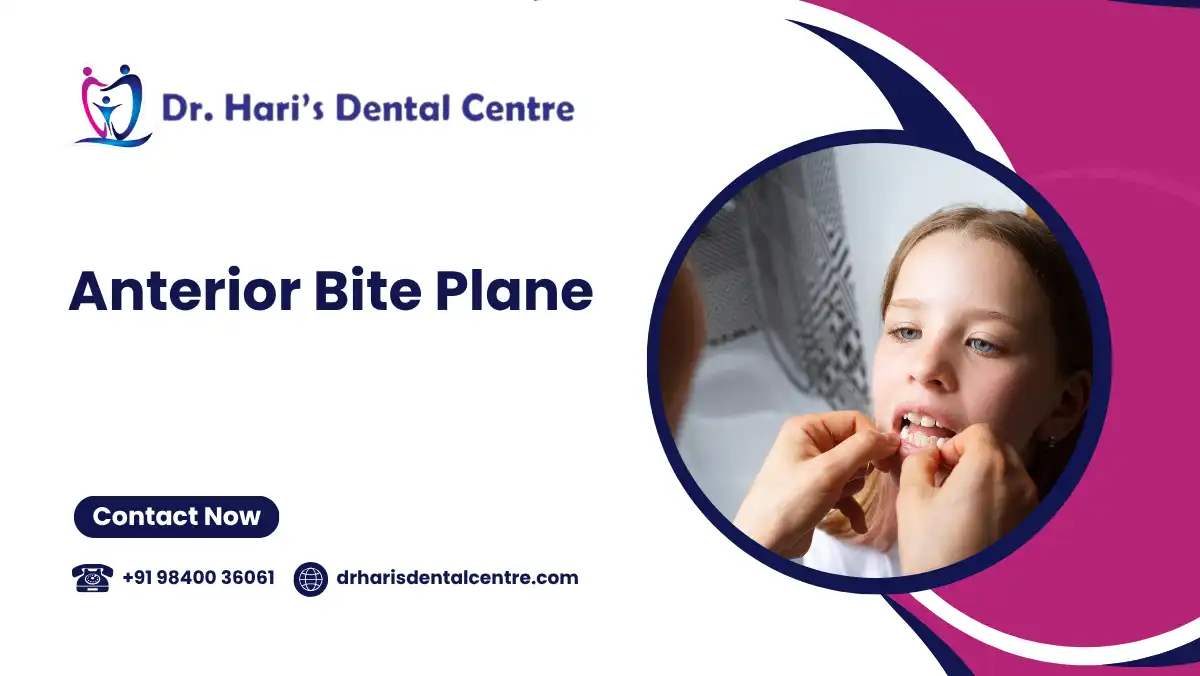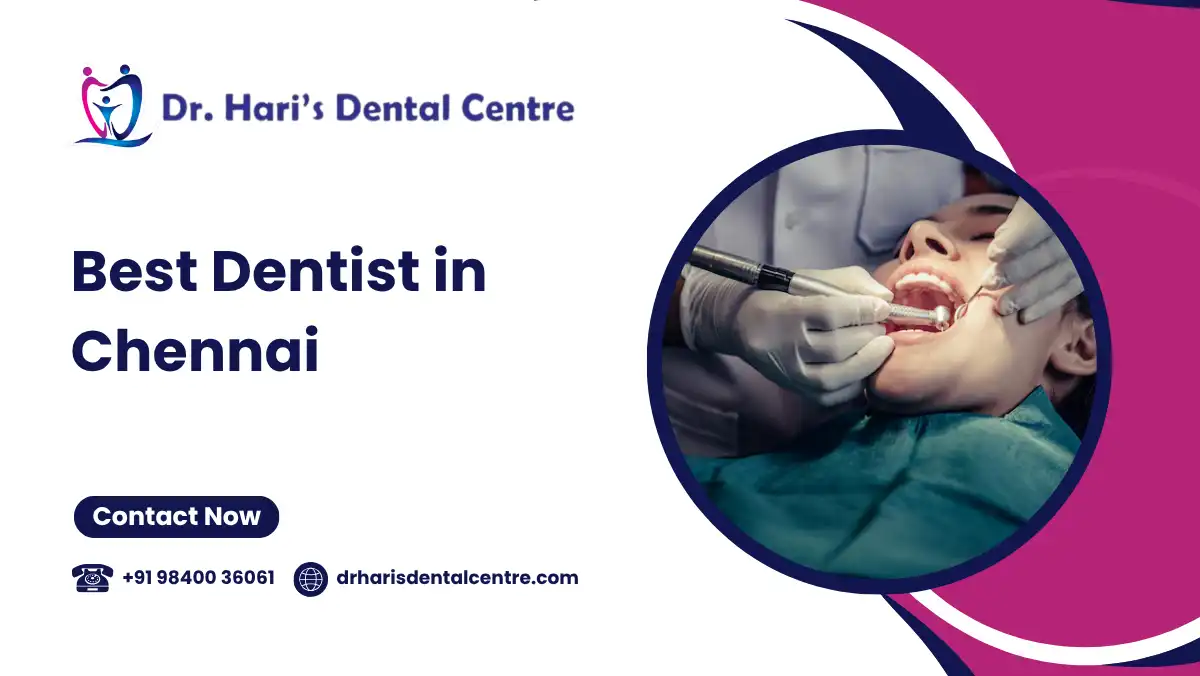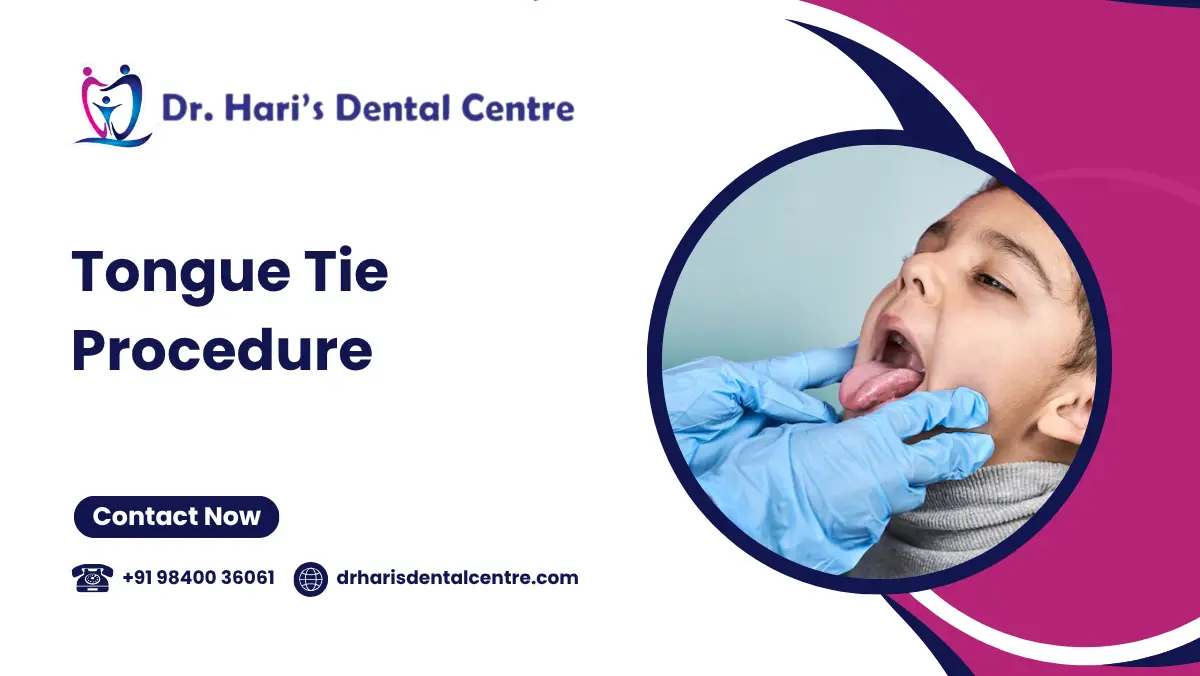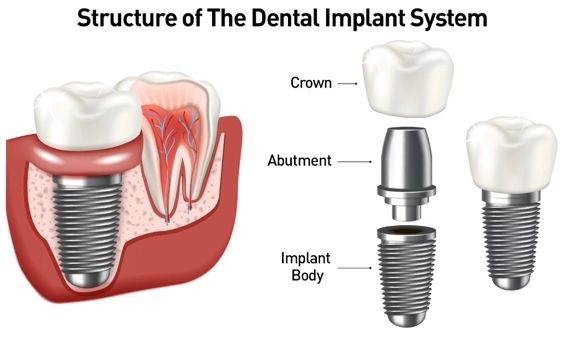
Dental implants are a revolutionary solution for replacing missing teeth, offering both functional and aesthetic benefits. These artificial tooth roots, typically made of titanium, are surgically placed into the jawbone, providing a stable foundation for crowns, bridges, or dentures. Unlike traditional dentures, implants integrate with the bone, ensuring long-term durability and natural appearance. Studies indicate that dental implants have a success rate of over 95%, making them a preferred choice for individuals seeking permanent tooth replacement solutions. With advancements in implant technology, the procedure has become more efficient, minimally invasive, and accessible to a broader range of patients. By restoring chewing ability and enhancing facial aesthetics, dental implants significantly improve overall oral health and quality of life.
Advanced Dental Implants
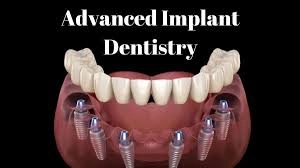
Modern dental implants are designed with cutting-edge technology to ensure long-term success and patient comfort. Utilizing biocompatible materials like titanium and zirconia, these implants fuse seamlessly with the jawbone through a process called osseointegration. This integration prevents bone loss and maintains facial structure, which is crucial for long-term oral health.
- 3D imaging and digital planning enhance precision in implant placement, significantly reducing the risk of complications while ensuring a seamless and natural-looking result.
- Computer-guided surgery minimizes errors, allowing for precise implant positioning and significantly shortening the patient’s overall recovery time.
- Customized implant designs cater to individual needs, making them suitable for a variety of cases, including single-tooth replacement, multiple teeth restoration, and full-mouth rehabilitation.
With these advancements, dental implants provide superior functionality, ensuring that patients can speak, chew, and smile with confidence. By opting for advanced dental implant procedures, individuals benefit from high success rates and reduced post-operative discomfort.
Painless Implant Surgery
One of the major concerns for patients considering dental implants is the fear of pain. Modern dentistry has made significant strides in ensuring a comfortable experience through advanced techniques and anesthesia options. Local anesthesia, conscious sedation, and even general anesthesia are available to eliminate discomfort during the procedure.
- Minimally invasive techniques reduce tissue trauma by using precise incisions, leading to faster healing and significantly decreasing post-surgical discomfort.
- Laser-assisted implant surgery ensures exceptional precision, minimizing bleeding, swelling, and discomfort while promoting faster healing and reducing the risk of infection.
- Sedation dentistry allows patients to remain completely relaxed and anxiety-free throughout the procedure, ensuring a pain-free and comfortable surgical experience.
These innovations not only make the surgery virtually painless but also enhance recovery, allowing patients to resume normal activities sooner. Postoperative discomfort is minimal, and with proper care, patients experience a smooth healing process. The focus on painless procedures ensures that dental implants remain a stress-free option for those looking to restore their smile.
Permanent Teeth Solutions
Dental implants provide a long-term solution for missing teeth, unlike traditional dentures or bridges that may require periodic replacements. The stability and durability of implants make them the closest alternative to natural teeth, offering superior functionality and aesthetics.
- Designed to last a lifetime with proper care and maintenance, ensuring a long-term solution without frequent replacements like traditional dentures.
- Prevent bone deterioration by stimulating natural bone growth, maintaining jawbone density, and preventing facial structure collapse.
- Offer superior stability, eliminating the inconvenience of loose, slipping, or shifting prosthetics while ensuring the ability to eat, speak, and smile confidently.
Unlike conventional tooth replacement options, implants do not rely on adjacent teeth for support, preserving the integrity of surrounding natural teeth. With proper oral hygiene and regular dental check-ups, implants can maintain their strength and appearance for decades. This makes them the most reliable solution for individuals looking for a lifelong improvement in their dental health.
Best Implant Technology
The success of dental implants heavily relies on state-of-the-art technology that enhances accuracy, efficiency, and patient outcomes. With digital innovations, implant procedures are more precise than ever, ensuring optimal placement and long-term success.
- CBCT (Cone Beam Computed Tomography) provides a detailed 3D scan of the jawbone, offering highly accurate imaging for precise implant positioning and optimal integration.
- Guided implant surgery ensures extreme accuracy by utilizing digital technology, reducing the risk of complications, and increasing the long-term success rate of implants.
- Nanotechnology coatings on implants promote faster healing by enhancing bone cell attachment and improving osseointegration, ensuring stronger and longer-lasting implant stability.
The introduction of AI-driven diagnostics and robotic-assisted procedures further elevates implant success rates. These technological advancements not only streamline the surgical process but also improve the longevity and effectiveness of implants, making them a preferred choice for modern tooth replacement solutions.
Expert Implant Dentist
Choosing an experienced implant dentist is crucial for ensuring the success of the procedure. An expert in implantology possesses in-depth knowledge of bone structure, surgical techniques, and prosthetic restorations, ensuring optimal outcomes for every patient.
- Advanced training in implant dentistry and surgical techniques enables precise placement, ensuring strong and lasting results tailored to each patient’s specific oral health needs.
- Expertise in handling complex cases, including bone grafting, sinus lifts, and full-mouth restorations, making implants a viable option even for those with significant bone loss.
- Commitment to using the latest technology, including 3D imaging and guided surgery, ensures precision, reduces treatment time, and enhances overall patient satisfaction and comfort.
A skilled implant dentist evaluates each patient’s specific needs, creating a personalized treatment plan that guarantees the best results. With years of experience and continuous education, these specialists ensure that every implant procedure is performed with the highest standards of care and precision.
Conclusion
Dental implants have revolutionized the field of restorative dentistry by providing a reliable, durable, and aesthetically pleasing solution for missing teeth. With advancements in technology and minimally invasive techniques, implant procedures are now more accessible and comfortable than ever. The expertise of qualified implant dentists, combined with cutting-edge innovations, ensures that patients receive the highest quality care. By choosing dental implants, individuals can regain their confidence, improve oral health, and enjoy a lifetime of beautiful smiles. Investing in this modern solution offers long-term benefits, making it a preferred choice for individuals seeking optimal dental restoration.







